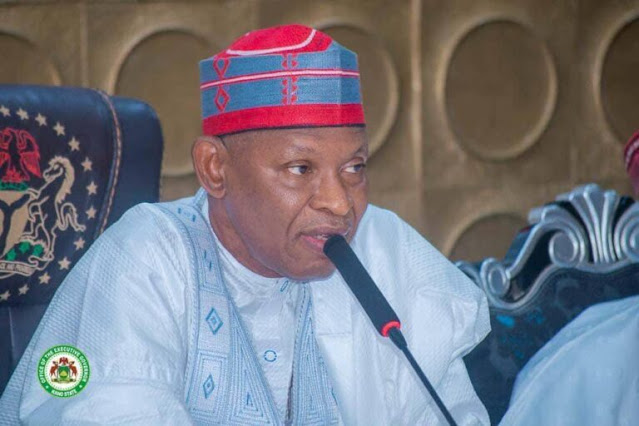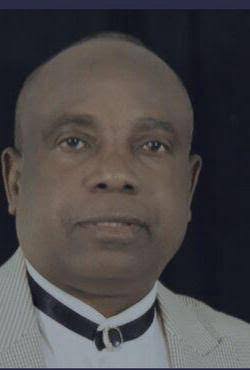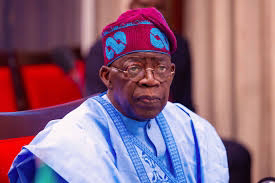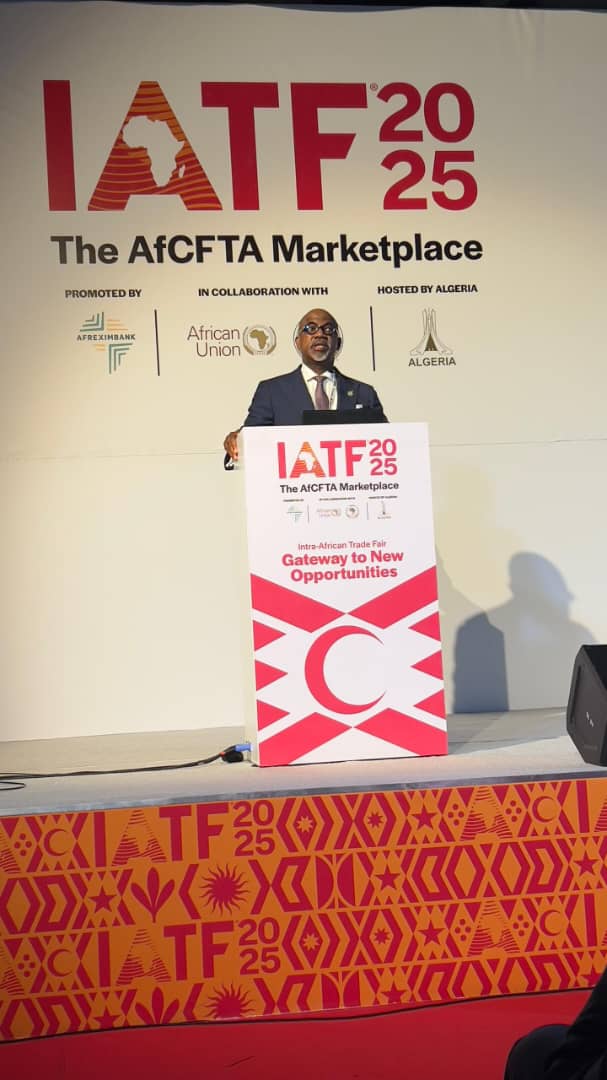In a strongly worded statement that has sent ripples through Nigeria’s media landscape, the Kano State Government has issued a stern caution to media outlets and journalists, urging them to refrain from disseminating what it describes as “malicious and unsubstantiated reports.” This admonition comes at a time when the state is grappling with serious allegations of financial misappropriation involving a whopping N6.5 billion in funds allocated to its local government areas. The controversy, which has dominated headlines in recent days, centers on claims that these funds, intended for essential developmental projects at the grassroots level, have been diverted or mismanaged by certain officials. The government’s response highlights not only its commitment to transparency but also its frustration with what it perceives as sensationalist journalism that could undermine public trust and ongoing investigations.
The roots of this scandal trace back to early September 2025, when whistleblowers and opposition voices began raising alarms about discrepancies in the financial records of Kano’s 44 local government areas. According to preliminary reports from various sources, the N6.5 billion in question was part of a federal allocation disbursed to the state for local administration purposes, including infrastructure development, healthcare, education, and poverty alleviation programs. These funds are crucial in a state like Kano, which is not only the most populous in Nigeria but also faces significant socio-economic challenges, including high unemployment rates, inadequate basic services, and the lingering impacts of insecurity in the northern region.
Kano State, located in the heart of northern Nigeria, has long been a political powerhouse, serving as a key battleground in national elections and a cultural hub for the Hausa-Fulani people. With over 15 million residents, it boasts a vibrant economy driven by agriculture, trade, and small-scale industries. However, the state has not been immune to the broader issues plaguing Nigeria’s federal system, particularly the perennial problem of fund mismanagement at the local government level. Local governments in Nigeria are often criticized for inefficiency, corruption, and a lack of accountability, with funds frequently disappearing into opaque bureaucracies or being siphoned off by politically connected individuals. In Kano, this issue is exacerbated by the complex interplay between state and federal politics, where loyalties can shift rapidly, leading to accusations of sabotage from rival factions.
The allegations of misappropriation first surfaced through anonymous leaks and social media posts, which quickly escalated into full-blown media coverage. Reports claimed that the N6.5 billion was released by the federal government under the administration of President Bola Tinubu as part of the statutory allocations meant to empower local governments to deliver services directly to citizens. Instead of being used for road repairs, school renovations, or health clinics—projects that could tangibly improve the lives of ordinary Kananites—the funds allegedly ended up in private pockets. Specific accusations pointed to chairmen of several local government areas who were said to have inflated contracts, awarded fictitious projects, or simply withheld the money for personal gain. One particularly damning claim involved a supposed “ghost project” in a rural district, where millions were budgeted for a non-existent water supply scheme, leaving communities parched and disillusioned.
The Kano State Government, led by Governor Abba Kabir Yusuf of the New Nigeria Peoples Party (NNPP), has been quick to distance itself from these allegations. In an official statement released on September 7, 2025, the Commissioner for Information and Internal Affairs, Malam Muhammad Garba, emphasized that the state executive has zero tolerance for corruption and is actively cooperating with federal anti-graft agencies. “We caution the media against publishing malicious reports that are capable of heating up the polity and causing unnecessary tension,” Garba stated during a press briefing at the Government House in Kano. He further clarified that while the state was aware of the disbursements, the management of local government funds falls primarily under the purview of elected council chairmen, who operate with a degree of autonomy as enshrined in the Nigerian Constitution.
Garba’s remarks were not just a defensive maneuver; they were a calculated effort to regain narrative control in a story that had the potential to tarnish the administration’s image. The governor’s office has highlighted its own anti-corruption initiatives since taking power in 2023, including the establishment of a state anti-corruption task force and the digitization of financial records to enhance transparency. Under Yusuf’s leadership, Kano has seen efforts to revamp the education sector, with billions invested in teacher salaries and school infrastructure, and improvements in healthcare delivery through free maternal services. However, critics argue that these achievements could be overshadowed if the local government scandal is not swiftly addressed.
Delving deeper into the allegations, sources familiar with the matter suggest that the N6.5 billion figure encompasses allocations from multiple months, spanning from late 2024 to mid-2025. Federal allocations to local governments are calculated based on the Federation Account Allocation Committee (FAAC) formula, which distributes revenue from oil sales, taxes, and other sources. For Kano, with its 44 local governments, this translates to substantial inflows—often exceeding N10 billion monthly for the state as a whole. The misappropriation claims, if proven true, would represent a significant breach, potentially affecting thousands of residents who rely on local services. For instance, in areas like Kumbotso or Dawakin Tofa, where poverty levels are high, the absence of funded projects could mean continued struggles with access to clean water, electricity, and decent roads.
The media’s role in this unfolding drama has been both praised and criticized. On one hand, investigative journalism has been instrumental in bringing such issues to light, echoing landmark exposures like the ones that led to the prosecution of high-profile figures in past administrations. Outlets like Nigerian Newsdirect, Premium Times, and Sahara Reporters have published detailed accounts based on documents purportedly obtained from insiders, including ledgers showing discrepancies between allocated and expended amounts. These reports have sparked public outrage, with social media platforms buzzing with hashtags like #KanoFundsScandal and #StopLocalCorruption, amplifying calls for accountability.
On the other hand, the Kano government accuses some media houses of bias and haste, alleging that stories are being twisted to serve political agendas. Garba pointed to specific publications that, in his view, lacked balance and verification, potentially inciting unrest in a state already sensitive to ethnic and religious tensions. “Journalists must adhere to ethical standards and verify information before going to press,” he urged, reminding the media of the Nigerian Press Council’s guidelines on responsible reporting. This caution is particularly timely, as Nigeria’s media freedom ranking has hovered around the lower tiers globally, with frequent clashes between journalists and authorities over coverage of sensitive topics like corruption.
To contextualize this within Nigeria’s broader political ecosystem, it’s worth noting the timing of the allegations. Kano’s political scene is fiercely contested, with the NNPP wresting control from the All Progressives Congress (APC) in the 2023 elections in a surprising upset. Governor Yusuf, a protégé of Rabiu Kwankwaso, the NNPP’s national leader, has positioned his administration as a bulwark against federal overreach, often clashing with Abuja on issues like education funding and security. Opposition figures from the APC have seized on the scandal to question the NNPP’s governance credentials, suggesting that the misappropriation is symptomatic of deeper rot within the state machinery. In response, Yusuf’s allies have countered by pointing to similar scandals under previous APC-led administrations, including the infamous case of pension fund frauds that rocked Kano in the early 2010s.
As investigations proceed, the Economic and Financial Crimes Commission (EFCC) has reportedly swung into action, summoning several local government chairmen for questioning. The EFCC, Nigeria’s premier anti-corruption agency, has a track record of high-profile busts, from the conviction of former governors to the recovery of billions in looted assets. In this instance, their involvement could lead to arrests and asset forfeitures, providing much-needed closure to the public. However, the process is likely to be protracted, given the web of political influences that often hampers such probes in Nigeria.
Public reaction in Kano has been mixed. Urban dwellers, particularly youth and civil society groups, have organized peaceful protests demanding full disclosure and prosecutions. Organizations like the Kano Civil Society Forum have called for an independent audit of all local government accounts, arguing that only external oversight can restore faith in the system. In rural areas, where the impact of missing funds is most acutely felt, there is growing apathy toward politics, with many residents expressing disillusionment over unfulfilled promises. “We voted for change, but if our money is being stolen, what hope do we have?” lamented Aisha Ibrahim, a trader from the bustling Kurmi Market in Kano, in an interview with local reporters.
Economically, the scandal poses risks to Kano’s development trajectory. The state, which contributes significantly to Nigeria’s non-oil GDP through textiles, leather goods, and agriculture, relies on investor confidence. Reports of corruption could deter potential partners, especially as the federal government pushes for public-private partnerships in infrastructure. Moreover, with inflation hovering around 30% and the naira under pressure, every naira misappropriated represents a lost opportunity to alleviate hardship.
Looking ahead, the Kano government’s caution to the media serves as a reminder of the delicate balance between press freedom and responsible journalism in a democracy. While the state has pledged full cooperation with investigators, it has also initiated internal reviews to prevent future lapses. Governor Yusuf, in a separate address, reaffirmed his administration’s dedication to good governance, stating, “Kano will not be defined by the actions of a few; we are building a state of integrity for our people.”
This episode underscores the persistent challenges in Nigeria’s federation, where local governments—meant to be the closest to the people—often become epicenters of graft. As the story develops, it will be crucial for all stakeholders, from media to civil society, to prioritize facts over frenzy. Only through collective vigilance can Kano, and indeed Nigeria, move toward a more accountable future.
In the weeks following the initial reports, additional details have emerged that paint a more nuanced picture. For example, forensic audits initiated by the state assembly have uncovered irregularities in procurement processes, where contracts for road construction in at least five local governments were awarded to companies with no prior experience or verifiable addresses. One such case involved N800 million earmarked for a bridge project in Gwaram Local Government Area, which remains a figment of imagination, with no construction equipment sighted on site. Witnesses have come forward alleging kickbacks to council officials, further fueling the narrative of systemic corruption.
The federal angle cannot be ignored either. The Ministry of Finance has confirmed the release of the funds via the Joint Local Government Account (JLGA), a mechanism designed to ensure direct flow to councils but often criticized for lacking safeguards. Reforms proposed in the ongoing constitutional review process aim to grant local governments full autonomy, potentially bypassing state governors’ influences—a move that could either empower or expose them further to mismanagement.
Media practitioners, in response to the government’s caution, have defended their role. The Nigeria Union of Journalists (NUJ) Kano Chapter issued a statement emphasizing that public interest demands scrutiny of power holders. “We will not be silenced; the truth must prevail,” read the communique, signed by chapter chairman Abdullahi Yusuf. This standoff highlights the evolving dynamics of media-government relations in Nigeria, where digital platforms have democratized information but also amplified misinformation.
From a legal standpoint, the allegations invoke several statutes, including the Money Laundering (Prohibition) Act and the Public Procurement Act, which mandate transparency in fund usage. If convicted, implicated officials could face up to 14 years in prison and restitution orders, serving as a deterrent.
Socially, the scandal has reignited debates on youth empowerment. With unemployment at 40% in Kano, many young people see corruption as a barrier to opportunities. Initiatives like the state’s Youth Empowerment Program, which trains artisans and entrepreneurs, risk being undermined if funds dry up.
Internationally, bodies like Transparency International have noted Nigeria’s Corruption Perceptions Index score of 25/100, urging stronger institutions. For Kano, this could mean seeking technical assistance from development partners like the World Bank for better financial controls.
As the dust settles, the true test will be in the implementation of reforms. Will Kano emerge stronger, or will this become another chapter in the annals of unaddressed graft? Only time, and sustained pressure from an informed citizenry, will tell.








